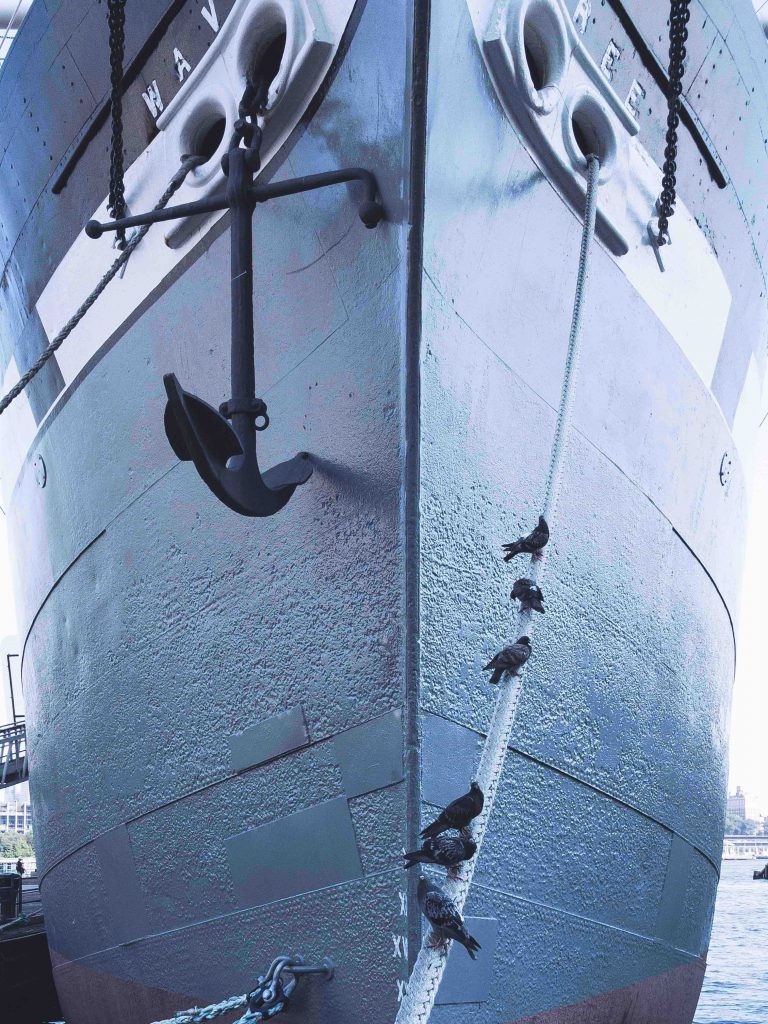
In our previous post, we explored how to sue a cruise line for negligence. Specifically, there was a question whether a cruise line breaches its duty of care when an injury occurs on board. The following post will go in-depth regarding this issue.
Rule of Law
The Eleventh Circuit Court in the 2012 case of Chapparo v. Carnival Cruise stated the elements for successfully suing a cruise line for negligence under the Jones Act: “Under the maritime law of negligence, [the plaintiff] must prove that 1) [the cruise line] had a duty to protect him from a particular injury, 2) [the cruise line] breached that duty, 3) [the cruise line’s] breach proximately caused his injury, and 4) he [the plaintiff] incurred damages.”
Proving Negligence
As mentioned, it may be most difficult to prove the second element. When a slip and fall injury occurs, the cruise line may not be liable if it did not breach its duty to protect the plaintiff.
As you will recall from our previous post, David was on board a cruise ship when he slipped and fell on some water on the floor while the cruise ship was out in the ocean. An investigation discovered that the water accumulated from above the showerhead in David’s washroom. David sued the cruise line for negligence. The cruise line countered that it had not breached its duty of care and was therefore not liable for negligence under the Jones Act.
In general, a cruise line has a responsibility to keep its premises safe for all its passengers. To that end, a cruise line should routinely inspect its ships to determine if there are any defects. Suppose a freak accident occurred and water from above the showerhead poured out, causing David injury. The cruise line would argue that it is not liable because it made sure to inspect its premises and lacked adequate notice of the leak.
David, as the plaintiff, would look into the cruise line’s claims. What are the procedures for checking the ship so that there will be no water leaks? Who is making the inspection? What is the industry standard within the cruise line industry for conducting inspections? Do these types of leaks commonly occur on cruise ships? Have they occurred in the past on this specific ship? Have other passengers aboard this cruise ship made the same or similar complaints? How was the ship built? Did the cruise line contemplate these types of scenarios and take steps to insure against such things?
All these questions would be part of the discovery phase of the litigation. The plaintiff’s lawyer would move to get ahold of information that would inform about these and similar issues.
At trial, the Texas District Court and similarly situated courts would consider this information. It would consider all the surrounding facts to determine whether the cruise line breached its duty of care. The cruise lines will argue that its ships are in perfect condition and that they conduct thorough and regular inspections. David’s lawyer will need to prove otherwise.
Injured in a maritime accident? Contact the Jones Act lawyers at the Kolodny law firm.
(image courtesy of Simon Abrams)

